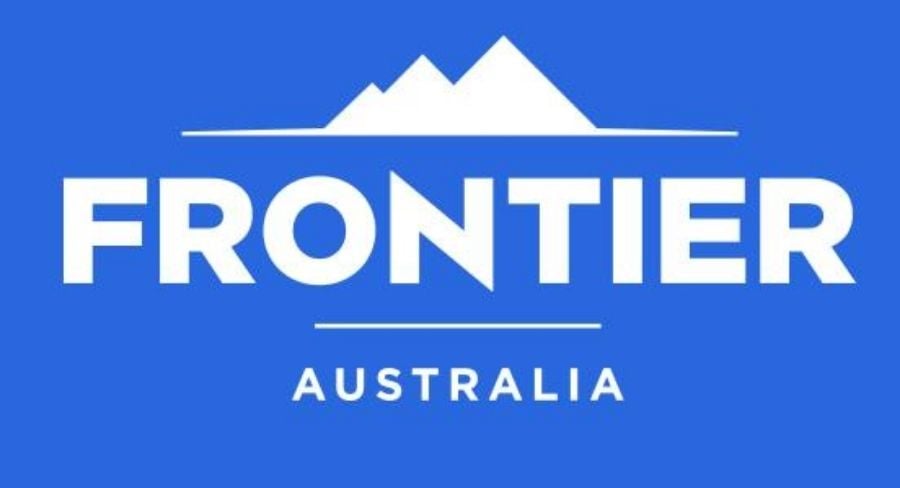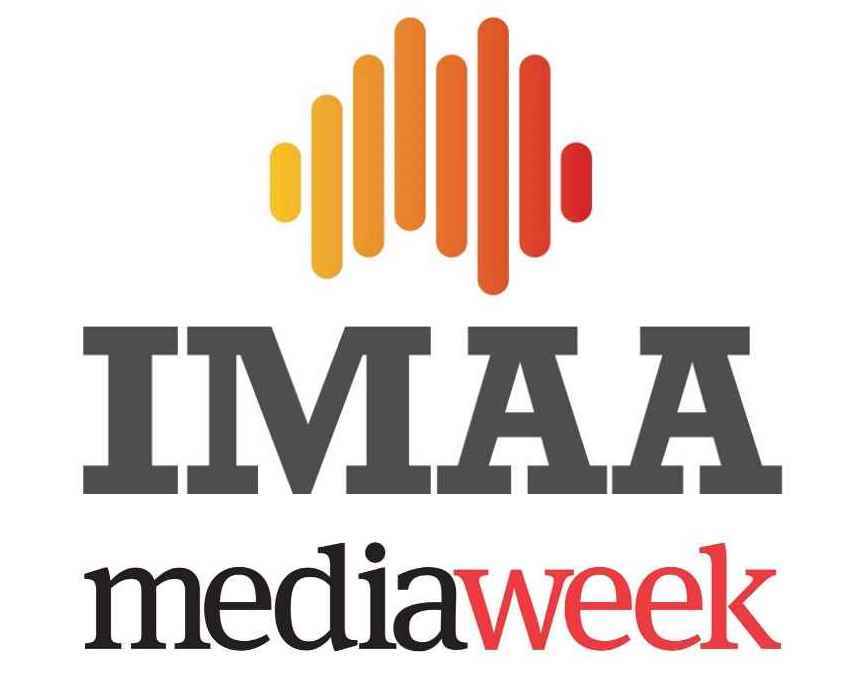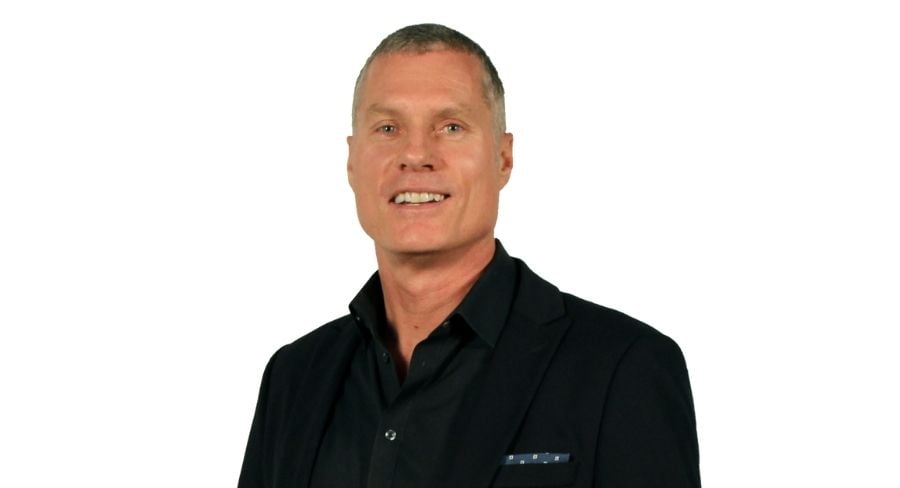Sydney-based independent agency Frontier Australia likes to be a one-stop shop for its clients.
“We have been going for over 20 years. It started as an independent media agency and then evolved pretty quickly into full service when we brought in internal creative services,” co-founder Steven King told Mediaweek.
“Most of what we have done over the journey has been largely media strategy and planning and buying, but with an understanding of how important the message and the creative is as well.
“Everything we do is focused on how to get the best performing campaign to market to achieve the client’s goals. In the last six or seven years we have been really focused on data to drive that and we have invested in building a data team. We have developed a media proprietary attribution tool to measure campaign performance based on the client outcomes we are looking for.” Frontier has labelled that product APEX.
“We are an agency that is absolutely focused on performance for clients, getting them outcomes they need. Measuring the advertising to make sure we understand what’s working and what’s not working. We consider everything we do with a media and a creative hat on.”
Neil Hoar and King are the founding partners. Hoar started the busines and King joined soon after and both are still active in the business.

A common feature of the independent IMAA agencies Mediaweek has profiled so far in this series is that they seem to retain staff. King: “Over our journey we have had great success in retaining staff and also retaining clients. A number of our team have been with us for over 10 years. Some of our staff have worked with the multinationals and then come here, really liking the business we run.
“That helps to retain clients because there is a consistency with the client relationships. The clients get to know the people who work on their business and that fosters a great relationship.”
Frontier didn’t dodge a bullet earlier this year when Covid struck, but it does feel a little fortunate.
“We like most had a pretty severe downturn in April when everybody was in something of a panic mode,” said King. “We had a lot of clients who were reacting very quickly by cancelling or postponing campaigns. While revenue reduced because of that we were actually doing more work to cancel those campaigns and to meet the client needs. We saw things start to settle in May and June as the immediate panic eased.
“At that stage clients were starting to level out and we have some clients in categories that were performing really well during that period.
“By July we really started to see a much more positive outlook and some confidence coming back with clients. That has continued since then albeit with Victoria and its problems.
“More clients are now having positive discussions and briefing us about budgets and future planning. They are setting themselves up to come back and to rebuild.”
Frontier negotiate all media themselves. “Unlike some of the multinationals who do upfront annual deals, we plan and negotiate every client campaign based on its merits and we are not bound to spend that money with any particular media owner or publisher. We invest where we think we will get the best outcome for the client. We negotiate rates and campaign delivery based on that and by doing that we feel we can buy as well as anyone in the marketplace.
“What’s really important for us is making sure we invest in the right channels for that particular client, that particular campaign at that particular time. We have never had upfront deals and we don’t believe in them. We think we trade better as an agency by not doing that. We think we get better value and better performance for our clients by trading the way we do.”
Regarding media channels, King estimates about 25-30% of clients’ ad spend goes into digital. “It varies client by client of course. Some of our clients are 100% broadcast media because that is what works for them and it suits their business. Some others might spend 100% on digital because that works for them.
“There are no company targets in terms of what we need to spend on different media publishers or media channels. It is really a case of understanding for every campaign and every client what will get them the best outcome.”
King noted that Frontier still believes very much in traditional broadcast media for the right clients and campaigns.
Regarding out-of-home, can it be hard to justify a spend with ongoing disruption to commuting?
“There is always going to be a place for outdoor and as long as we don’t go into a full country-wide lockdown the sector should bounce back pretty quickly. Even some parts of out-of-home have performed pretty well through this period. Some of the people who have panels in shopping centres, or retailers like pharmacies, places that have been trading well though this period, are in demand. People have been locked up for a while, especially in Victoria, and they will want to get outside pretty quickly. That is an opportunity for the outdoor players down there to capitalise on.”
King said broadcast is still important in the mix for many clients – “TV, FTA and pay TV, radio and we are investing in BVOD as well.
“Print still has a role to play, less important now because of consumer habits. During Covid, credible news organisations played a strong role in distributing information about what was going on. There will always be a place for print, but how we use it will be different in the future.”
Frontier uses Facebook, Google and YouTube for clients too of course, with the proviso from King that you have to understood what you are trying to get out of them. “They play a different role to what a broadcast campaign for a client would play. They are very good at the lower end of the funnel in terms of conversions. They are very good at targeting and they have great data. As long as you understand the purpose of using them there is a place for both, it’s not either or.
“We don’t have false expectations of what they can deliver. There continues to be debate about the impact of a Facebook ad that is seen for 1.5 seconds versus the TV ad that is seen for 30 seconds. They play different roles, and they are priced accordingly.”
IMAA founding member
“It has been a really good initiative,” said King about the formation of the IMAA. He recalled a Nova Entertainment client event where a number of his colleagues discussed getting together. “What has been really useful is giving a voice to some of the smaller independents. The sharing of information between members during Covid has been really useful.”
Covid workplace impact
Earlier this year Frontier went to full remote working. Since then it has adopted a hybrid model with most staff in the office two days a week then working from home for the rest. King: “It seems to be working well with the mix of office and home. If you had asked me six months ago if that would work I would have said no. Through necessity we have realised it can work. I’m not sure what the future ideal model will be, but I feel it could be a mix of both.”

—
Top photo:
Steven King
